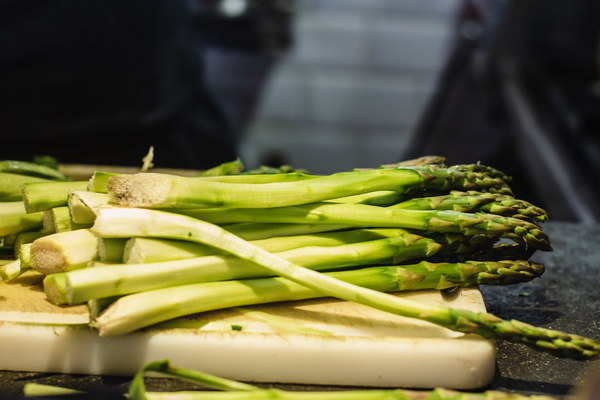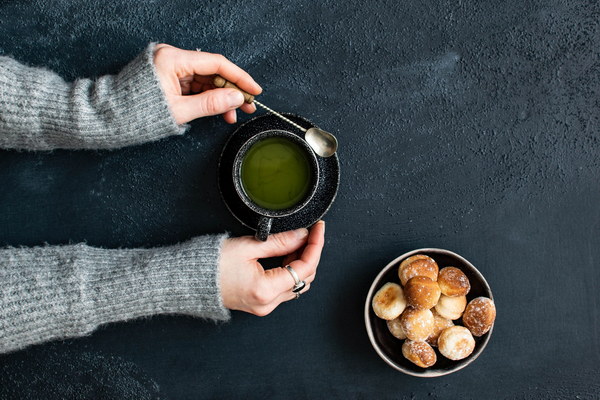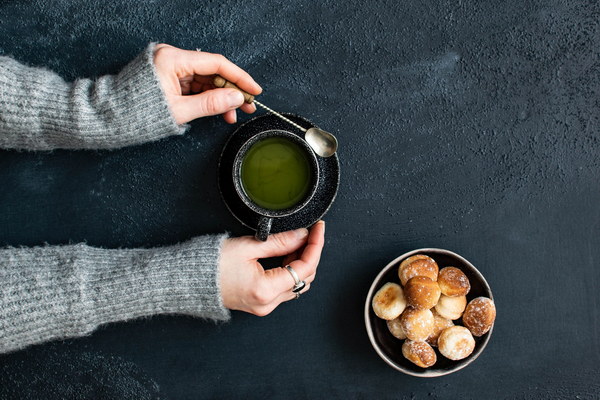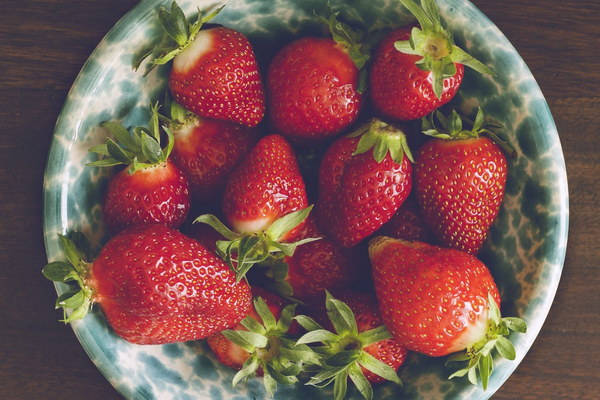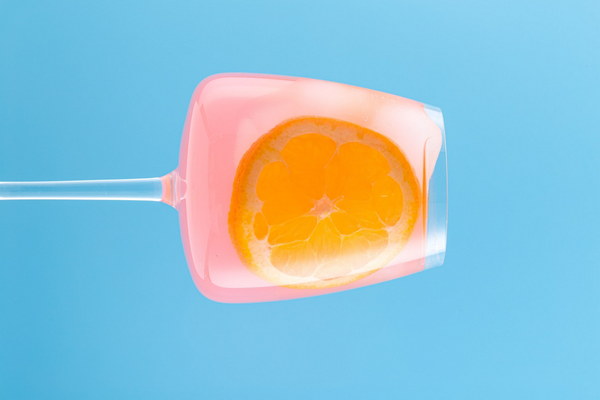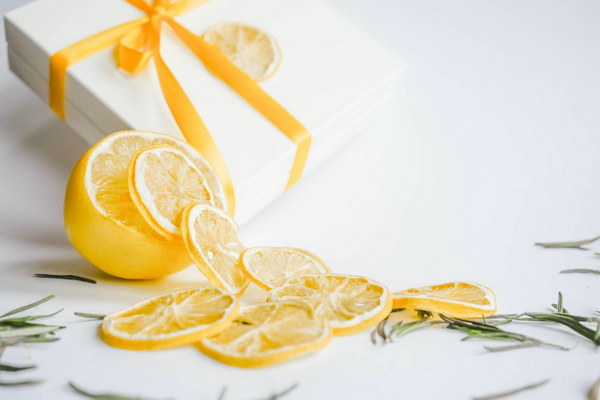Is Reishi a Tonifying Traditional Chinese Medicine
In the realm of traditional Chinese medicine, Reishi (Ganoderma lucidum) holds a unique position as a highly revered herb. Known for its longevity and health benefits, Reishi has been used for centuries to treat a variety of ailments. But is Reishi truly a tonifying traditional Chinese medicine? Let's delve into the facts and explore its properties.
Firstly, it is important to understand what is meant by tonifying in the context of traditional Chinese medicine. Tonification refers to the process of strengthening and supporting the body's vital energy, or Qi, and correcting imbalances. It is a fundamental concept in Chinese medicine, which seeks to maintain harmony within the body to promote health and prevent disease.
Reishi is renowned for its ability to tonify the Qi, making it a prime candidate for classification as a tonifying herb. It is believed to invigorate the immune system, enhance physical strength, and improve overall well-being. The mushroom's tonifying properties are attributed to its unique composition, which includes a variety of bioactive compounds, such as polysaccharides, triterpenoids, and nucleotides.
One of the key benefits of Reishi is its ability to boost the immune system. Studies have shown that Reishi can enhance the activity of natural killer (NK) cells, which are responsible for identifying and destroying cancer cells and other abnormal cells. Additionally, Reishi can increase the production of interferon, a protein that helps the body fight off infections.
Another significant tonifying property of Reishi is its ability to nourish the heart and calm the mind. Reishi is often used to treat anxiety, stress, and insomnia, as it is believed to promote relaxation and improve sleep quality. Furthermore, Reishi is thought to have a balancing effect on the heart and circulatory system, which can contribute to better cardiovascular health.
In terms of its use as a traditional Chinese medicine, Reishi has a long history of being prescribed for a wide range of conditions. It is commonly used to treat fatigue, weakness, and general debilitation, as well as respiratory disorders, liver disease, and high blood pressure. Additionally, Reishi is often recommended for individuals seeking to improve their overall health and longevity.

While Reishi is indeed a tonifying herb, it is important to note that its effects can vary from person to person. Some individuals may experience immediate benefits, while others may take longer to notice any changes. It is also worth mentioning that while Reishi is generally considered safe for most people, it may interact with certain medications, and it is essential to consult a healthcare professional before starting any new supplement regimen.
In conclusion, Reishi is indeed a tonifying traditional Chinese medicine. Its ability to tonify the Qi, boost the immune system, and improve overall health has made it a popular choice for those seeking to enhance their well-being. However, as with any herbal remedy, it is important to use Reishi responsibly and under the guidance of a healthcare professional. With its rich history and numerous potential benefits, Reishi continues to be a valuable addition to the world of traditional Chinese medicine.


